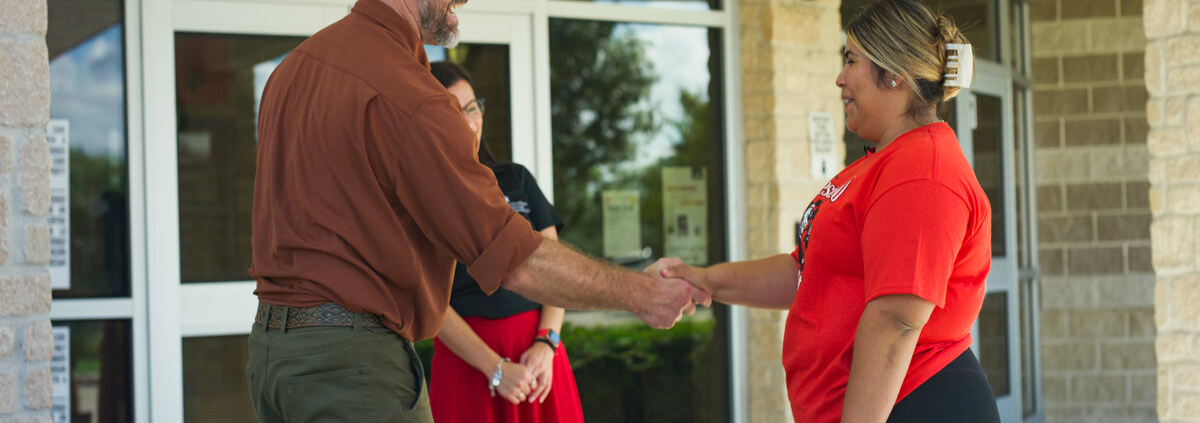Food Insecurity and Hunting: How Wild-Game Meat Is Solving Hunger Crisis
A persistent global challenge, food insecurity casts a shadow over millions of lives, with ramifications reaching and impacting communities everywhere. As a complex issue rooted in various socio-economic factors, such as poverty, limited access to resources and environmental hurdles, the food insecurity crisis stems from far more than just a lack of food availability. However, amidst a wide array of proposed solutions, hunting stands as one of the most effective—albeit often contentious—solutions in addressing global hunger issues. Food insecurity and hunting come together in Blood Origins’ latest project, Blood Origins Connecting the Dots Series: South Texas.
According to the 2023 edition of the State of Food Security and Nutrition in the World report, between 691 and 783 million people faced hunger in 2022, indicating an increase of an estimated 122 million people since 2019. The repercussions of such drastic statistics are dire, as they can affect health, education and economic stability, particularly in marginalized communities. Although hunting is often met with skepticism by those who lack any exposure to it or an understanding of its positive implications, it holds untapped potential in this very arena. In order to fully understand its capacity as a viable solution, Robbie Kroger traveled to South Texas to speak with a number of organizations actively working together to put wild game meat on tables.
Food Insecurity and Hunting: Nutrition
A slew of organizations aiming to fight food insecurity call the Lone Star State home, several of which Robbie has the privilege of sitting down with in Blood Origins‘ latest project. Chuck Goodwin, the founder of Fish 4 Life Corpus Christi, receives donated game meat—mostly venison—processes it and distributes it to 18 different food pantries to feed families in need. One of those recipients, St. Peter’s Food Pantry, provides game meat to around 300 families each month.
“It’s definitely a help because I know when my kids get home from school, I’ll be able to feed them a nice, warm dinner,” said Victoria Fernandez, a mother of four and a recipient of F4L. “Four kids these days is a lot of money. So it’s nice to be able to have that for them.”
Food Insecurity and Hunting: Public Perception

Despite its potential, hunting raises ethical and environmental concerns amongst those who point to unregulated hunting, as well as subsequent species endangerment, habitat destruction and unethical practices. However, misinformation tends to run rampant in more urban areas where hunting is far less prevalent, calling hunters to come together to tell a more accurate narrative. Striking balance between hunting for sustenance and safeguarding ecosystems requires more extensive education—but such a process must first begin with an open dialogue.
The integration of hunting into broader food security strategies demands collaboration among stakeholders. Policymakers, conservationists, and local communities need to work together to develop comprehensive frameworks. This includes robust regulations to ensure ethical hunting practices, education on sustainable resource management, and initiatives that empower communities reliant on hunting.
Looking Ahead
Moving forward, a balanced approach is essential, especially when considering just how many communities could benefit from organizations like F4L. In order to address food insecurity with hunting on the largest scale possible, however, non-hunters have to first understand the full spectrum of hunting as a beneficial, charitable vehicle. We, as hunters, can begin by continuing to self-govern, advocating for ethical hunting practices and supporting organizations aiming to give back to their communities.



